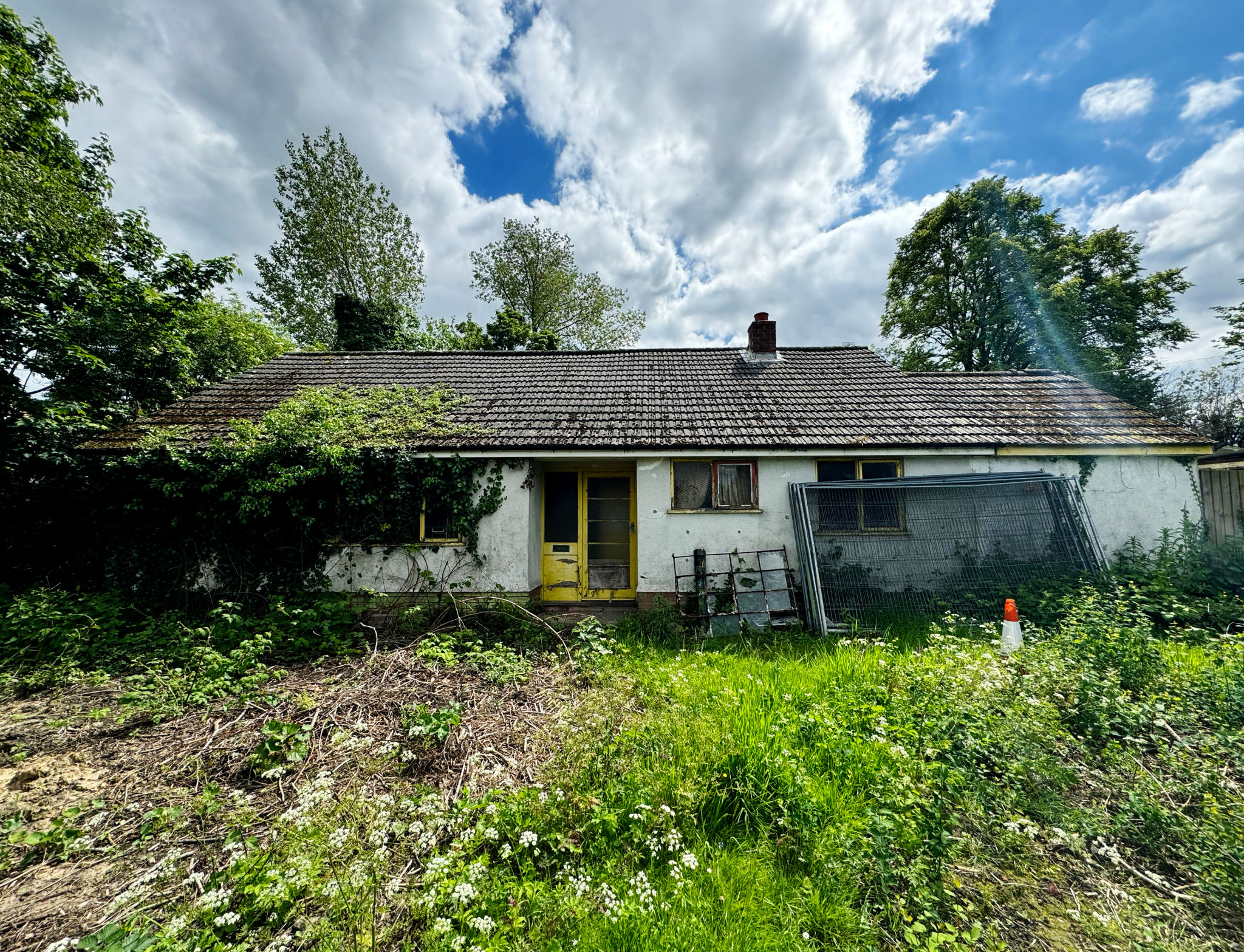How to Identify Profitable Distressed Properties in Pennsylvania
Understanding Distressed Properties
Distressed properties are real estate assets that are under foreclosure, bankruptcy, or being sold by a highly motivated seller. These properties can often be acquired below market value, making them attractive investments for savvy buyers. In Pennsylvania, understanding the local market dynamics and legal processes is crucial for identifying profitable opportunities.
Investing in distressed properties requires thorough research and a strategic approach. The potential for profit lies in purchasing these properties at a lower price and either reselling them at a higher price or renting them out. However, it is essential to be aware of the risks involved and conduct due diligence before making any investment decisions.

Researching the Local Market
The first step in identifying profitable distressed properties is conducting in-depth market research. Pennsylvania has diverse real estate markets, ranging from urban areas like Philadelphia and Pittsburgh to more rural settings. Each of these markets has unique characteristics that can impact the profitability of distressed property investments.
Analyze recent sales data, property values, and market trends in your target area. Understanding the local real estate market will help you identify which areas have the most potential for growth and where distressed properties are more likely to yield a significant return on investment. Tools like the Multiple Listing Service (MLS) and real estate websites can provide valuable insights into current market conditions.
Working with Real Estate Professionals
Partnering with experienced real estate professionals can be invaluable when searching for distressed properties. Real estate agents, brokers, and property managers often have access to exclusive listings and insider knowledge about upcoming foreclosures or short sales. Establishing relationships with these professionals can give you a competitive edge in finding profitable deals.

Additionally, consider working with a real estate attorney who understands Pennsylvania's foreclosure laws and procedures. They can guide you through the legal aspects of purchasing a distressed property and ensure that your investment is protected.
Identifying Potential Properties
Once you have a solid understanding of the local market, start identifying potential distressed properties. Look for signs of neglect, such as overgrown yards, boarded-up windows, or foreclosure notices. You can also attend foreclosure auctions or search online for bank-owned properties (REOs) and short sales.
When evaluating potential properties, consider their location, condition, and potential for renovation or redevelopment. Properties in desirable neighborhoods or those with significant upside potential may offer the best opportunities for profit. Be prepared to act quickly, as distressed properties often attract multiple buyers.

Conducting Due Diligence
Before purchasing a distressed property, conduct thorough due diligence to assess its true value and potential risks. Hire a professional home inspector to evaluate the property's condition and identify any necessary repairs or renovations. This step is crucial in determining the overall cost of the investment and ensuring that you are making an informed decision.
Additionally, check for any outstanding liens or legal issues associated with the property. Understanding these factors will help you avoid potential pitfalls and ensure a smooth transaction process.
Financing Your Investment
Securing financing for a distressed property purchase can be challenging but not impossible. Traditional lenders may be hesitant to finance such properties due to their condition or risk factors. However, alternative financing options are available, such as hard money loans or private investors.
Consider reaching out to local banks or credit unions that may have experience working with distressed properties in Pennsylvania. They may offer tailored loan products or financing solutions that meet your investment needs.

Conclusion
Investing in distressed properties in Pennsylvania can be a lucrative endeavor if approached strategically. By conducting thorough market research, working with knowledgeable professionals, identifying promising properties, and performing due diligence, you can uncover opportunities that offer substantial returns. With careful planning and execution, distressed property investments can be a valuable addition to your real estate portfolio.
